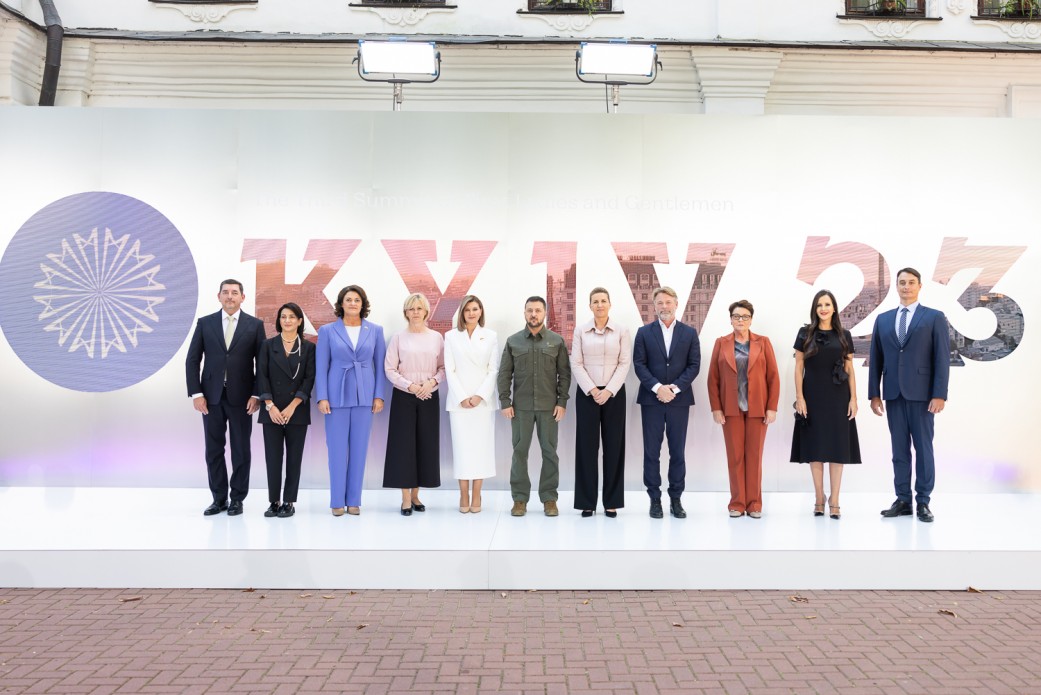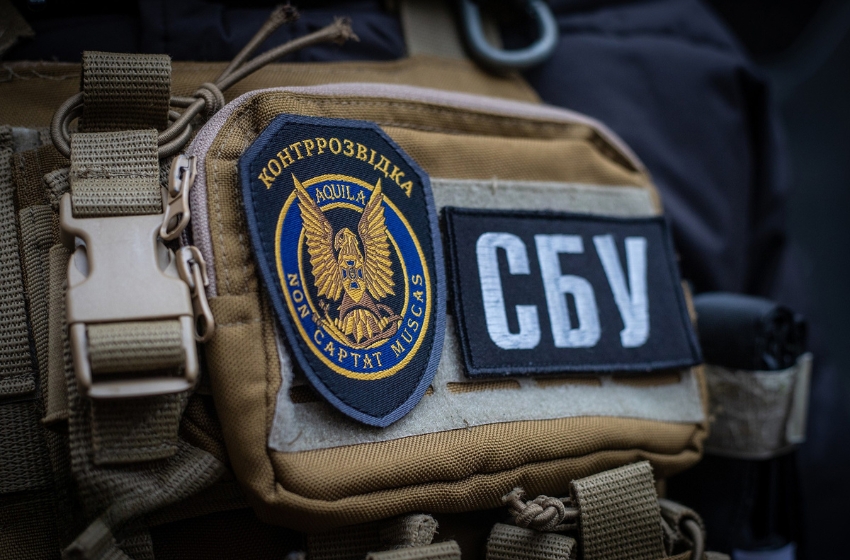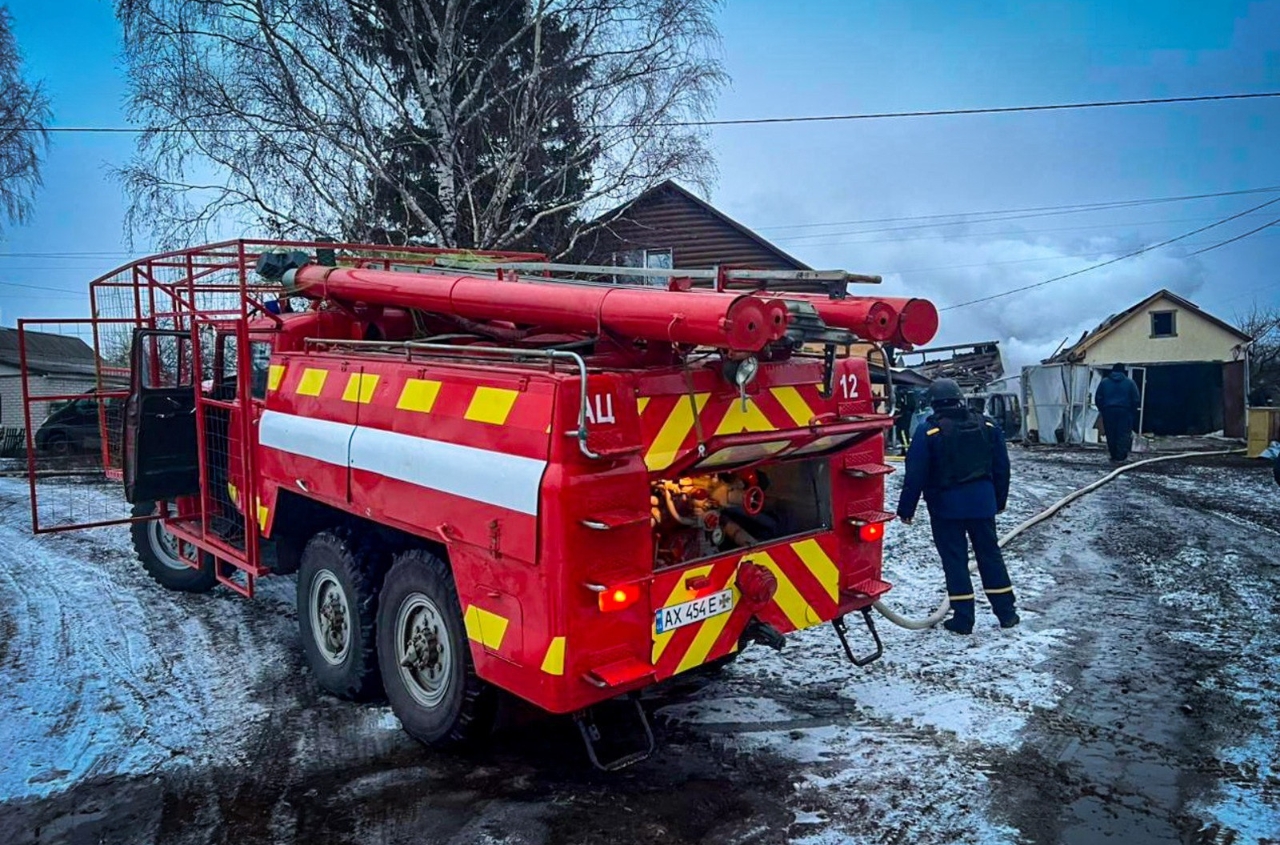The 3rd Summit of First Ladies and Gentlemen, founded by Olena Zelenska, the wife of the President of Ukraine, took place in Kyiv.
It is an international dialog platform for spouses of the world's top leaders, launched in 2021 to share experiences and implement joint projects for the well-being of people on the planet. The first and second summits took place in 2021 and 2022, respectively.
The third Summit, held at St. Sophia of Kyiv National Reserve, was attended by 28 participants in person or via video conference: First Lady of the Republic of Poland Agata Kornhauser-Duda, First Lady of the Republic of Türkiye Emine ErdoÄŸan, First Lady of the Republic Cyprus Philippa Karsera, First Lady of the Republic of Kenya Rachel Ruto, First Lady of the State of Israel Michal Herzog, Spouse of the President of the Republic of North Macedonia Elizabeta Gjorgievska, Spouse of the Federal President of the Federal Republic of Germany Elke Büdenbender, Spouse of the Prime Minister of Belize Rossana Briceňo, Spouse of the Federal President of the Republic of Austria Doris Schmidauer, First Lady of Albania Armanda Begaj, Spouse of the President of the European Council Amélie Derbaudrenghien, Spouse of the Prime Minister of the United Kingdom of Great Britain and Northern Ireland Akshata Murty, Spouse of the Prime Minister of Spain María Begoña Gómez Fernández, President of the European Parliament Roberta Metsola, President of the European Commission Ursula von der Leyen, Spouse of the Prime Minister of Japan Yuko KishÑ–da, Her Royal Highness Crown Princess of Norway Mette-Marit, Her Majesty Queen of Sweden Silvia Renate, First Lady of the Republic of Lithuania Diana NausÄ—dienÄ—, Partner of the President of the Slovak Republic Juraj Rizman, First Gentleman of the Republic of Slovenia Dr Aleš Musar, Spouse of the Prime Minister of the Republic of Armenia Anna Hakobyan, First Lady of the Republic of Estonia Sirje Karis, First Lady of the Czech Republic Eva Pavlová, First Lady of Serbia Tamara VuÄić, Spouse of the Prime Minister of Sweden Birgitta Ed, Spouse of the Prime Minister of Denmark Bo Tengberg, First Lady of the Islamic Republic of Pakistan Samina Alvi.

The theme of the 3rd Summit is "Mental Health: Fragility and Resilience of the Future".
“It has long been an axiom for all conscious people, at least in the free world, that human life is important. It's time to make it an axiom that its quality is also important. And mental health is the basis of this quality. A life of constant anxiety, fear, and uncertainty cannot be called of high quality,” Olena Zelenska noted.
The First Lady of Ukraine opened the Summit with a speech to the participants.
“Speaking of Ukraine, the world often uses the word "resilience" to describe us. This is probably true of us. And we understand it. And this is what we cherish. What we wish for each other, what we try to explore and develop. Resilience is the ability to go through trials and live a full life. Personal resilience of each individual makes up the resilience of society. Through a person - to the family, from the family - to the team, community, and finally to the whole country. Therefore, there is no more strategic task for each country than to create conditions for the resilience of each individual. I am proud that Ukraine today demonstrates to the world what people united by a common value are capable of. Our value is human life. And human life is always based on love,” she said.
The third Summit was hosted by British actor, director, and writer Stephen Fry and Ukrainian journalist Hanna Homonai.
The summit consisted of three panels: "Mental Health: The Balance of Resilience and Fragility", "The Impact of War on Mental Health", and "The Generation That Will Lead the World in 15 Years".
The first panel featured U.S. Secretary of State Antony Blinken as a special guest.
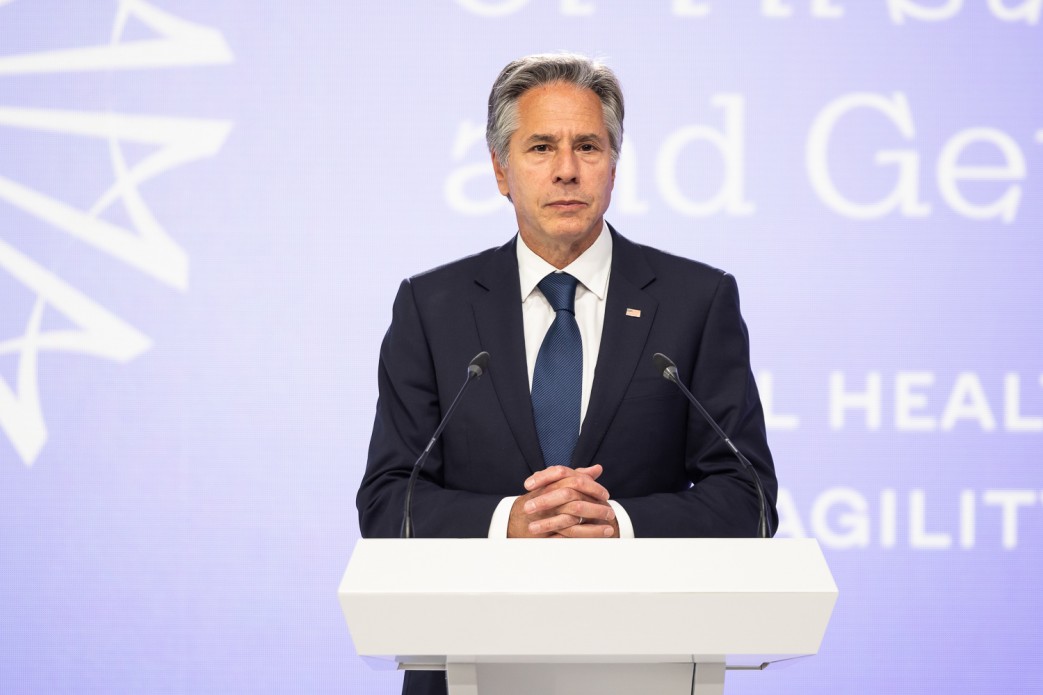
As part of the professional discussion, the event's host, Stephen Fry, and psychotherapist, author of documentaries and popular science books, director of the Institute of Mental Health at the Ukrainian Catholic University and the Ukrainian Institute of Cognitive Behavioral Therapy, Oleh Romanchuk, discussed the protection of mental health.
The first panel also featured a presentation of the results of an international sociological survey on mental health and attitude to it around the world, commissioned by the Summit and conducted by Alligators Digital, a British company that has won a number of awards in innovative research. The survey was conducted in the framework of the All-Ukrainian Mental Health Program "How Are You?" at the initiative of the First Lady of Ukraine with the support of the World Health Organization. Expert support for the survey was provided by the Coordination Center for Mental Health under the Cabinet of Ministers of Ukraine, BRAND UKRAINE, and the NGO Bezbariernist.
According to its results, mental health is among the five biggest global challenges of the future.
At the Mental Stage, a special additional location of this year's Summit, hosted by Timur Miroshnychenko and attended by Minister of Health of Ukraine Viktor Liashko and ministers of health from various countries, including Lithuania, Estonia and Moldova, a presentation of the international medical partnership project launched under the patronage of the First Ladies and Gentlemen Summit was held.
The participants noted that due to the full-scale war, our medical system is suffering every day, with 1427 medical facilities damaged and another 189 destroyed. Therefore, medical institutions need support to develop and provide quality care to Ukrainians.
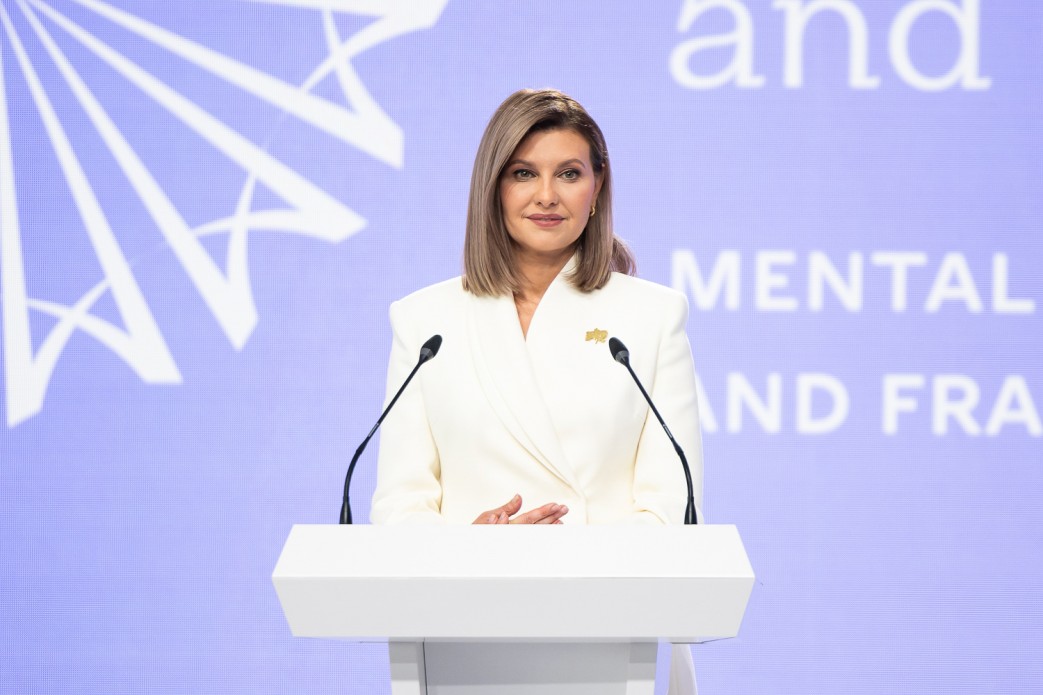
As part of the 3rd Summit of First Ladies and Gentlemen, 25 memoranda of medical partnership were signed. This means that Ukrainian hospitals have 25 "sisters" in different parts of the world with whom they can cooperate and share experiences.
Eight medical institutions from France, two each from Lithuania, Latvia, Moldova, and North Macedonia, as well as leading hospitals in Poland, Austria, Denmark, Estonia, Ireland, Sweden, Spain, Canada, Israel, and the Netherlands became partners of Ukrainian medical institutions.
The Ukrainian partners will include hospitals in Kyiv, Dnipro, Odessa, Mykolaiv, Lviv, Ternopil, Vinnytsia, Rivne, Ivano-Frankivsk, and Zakarpattia regions.
Children's hospitals have entered into partnerships with institutions in Denmark, the Netherlands, Israel, Spain, Latvia, Poland, France, and rehabilitation centers have entered into partnerships with hospitals in Lithuania, Latvia, and Sweden. Medical institutions providing mental health services will cooperate with medical institutions in France, North Macedonia, and Canada. University and multidisciplinary hospitals have entered into partnerships with Austria, Ireland, Estonia, North Macedonia, and Moldova.
President of Ukraine Volodymyr Zelenskyy addressed the participants of the event.
The second panel of the Summit, "The Impact of War on Mental Health," also featured special guests: Prime Minister of Denmark Mette Frederiksen and U.S. Secretary of State Antony Blinken.
“People's resilience has its limits. Everyone has their own limit. But in everyone, that limit lies in emotions, in that invisible baggage of feelings that prompt a person to act. To act one way or another – for good or for evil, for the benefit or harm. To the detriment of yourself or, God forbid, your loved ones, society. Whether it will be one way or another is determined by a person's inner world, their mental health. It is worth taking care that it is a person's health, not a chronic illness of war. And I am grateful that this Summit and such a representative discussion is dedicated to the topic of mental health,” Volodymyr Zelenskyy emphasized.
The participants discussed how wars and conflicts affect mental health and whether it is possible to adapt to it.
According to a study conducted for the Summit, the effects of war are felt by people all over the world. It affects not only those who are directly in the conflict zones. Every second person in the world believes that Russia's war against Ukraine has affected their life and mental health.
The survey was conducted in 11 countries: Argentina, Brazil, the United Kingdom, Israel, Germany, Poland, the United States, Türkiye, Ukraine, Croatia, Japan. In particular, 40% of German citizens, 36% of Polish citizens, and 36% of US citizens say that any war in the world affects them.
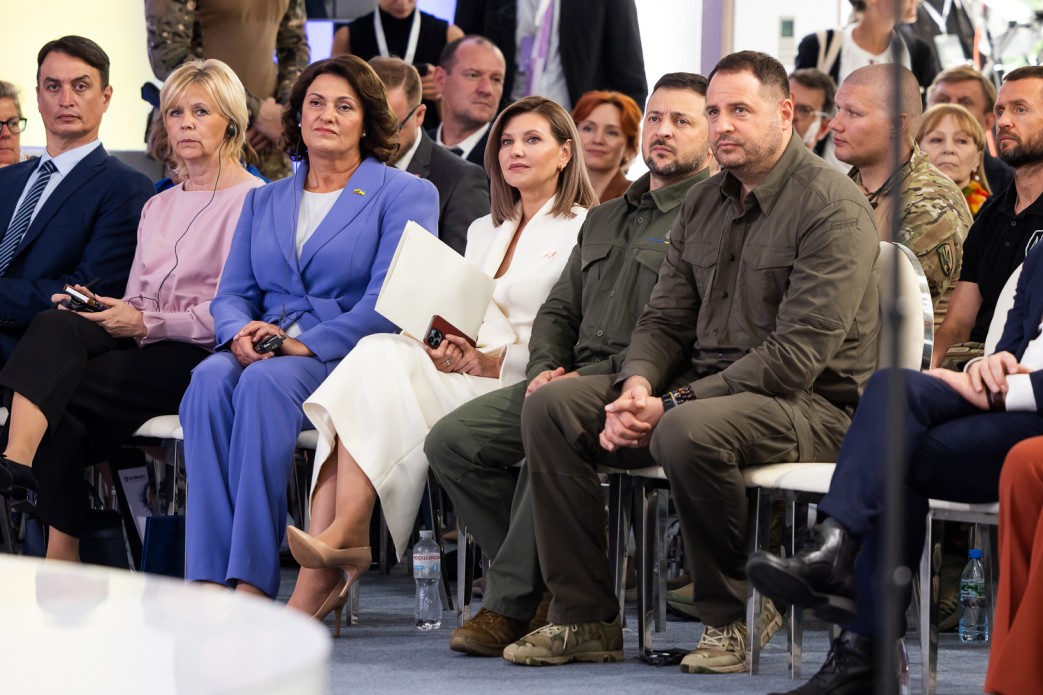
The main stage of the event featured a conversation titled "Being a Human at War". It was moderated by French writer and filmmaker Bernard-Henri Lévy, volunteer surgeon Alexis "Corinth" Cholas, volunteer soldier Ruslana "Unbreakable Rusia" Danilkina, human rights activist and Nobel Prize winner Oleksandra Matviychuk.
The discussion panel moderated by editor-in-chief of The Economist Zanny Minton Beddoes and featuring First Lady of Ukraine Olena Zelenska, First Lady of Lithuania Diana NausÄ—dienÄ—, First Lady of the Czech Republic Eva Pavlová, First Gentleman of Slovenia Dr Aleš Musar, founder of the Israeli Center for the Treatment of Psychotrauma Danny Brom and head of the Department of Physiology at the National Academy of Sciences of Ukraine Viktor Dosenko addressed the issue of how to maintain mental health during the war.
The wife of the President of Ukraine, in particular, noted that to preserve the mental health of Ukrainians, she had launched the program "How are you?".
"We have set ourselves the goal of making psychological assistance as ubiquitous as medical care. We have unique programs to help veterans, children, and victims of military violence. At the same time, we emphasize the need for self-help - so that people know how to overcome, for example, a panic attack, how to calm down. We want to convey to society that pain is not something to be ashamed of. It is also normal to be "not okay". It is responsible and right to seek support. Only a balanced person can be useful and help others," the First Lady of Ukraine emphasized.
She also emphasized that in the survey, 52% of Ukrainians said that other people and communication with them help them to stay strong. 33% of those who have not suffered from global conflicts rely on the emotional support of their families (66% of those who have their own experience of conflicts in the world).
"I would specify it as 'mutual assistance' and 'cooperation'. Most Ukrainians nowadays volunteer in one way or another. We have a saying: "Eyes fear, but hands do". This is how we live. Hope also keeps us going. For victory, of course, but also for justice. Any psychologist will tell you that it is an important human need to feel justice, to know that the offender will be punished. This helps victims recover. We hope that the world will punish war criminals," the President's wife said.

At a special additional location of this year's Summit, Mental Stage, the influence of culture on the mental state was discussed. The conversation was attended by French director Michel Hazanavicius, photographers Vlada Liberova and Kostiantyn Liberov, and actor and director Sean Penn.
"Ukrainian resistance and Ukrainian resilience also have a cultural, even philosophical dimension. And this is also part of our mental state. Yes, war causes a lot of traumas. But resilience also has many dimensions. And the main ability is to turn trauma into growth," Olena Zelenska noted.
The third panel of the Summit focused on the topic of "The Generation That Will Lead the World in 15 Years".
How do modern teenagers and youth aged 13 to 24 see the world and their future in it, what challenges do they face on a daily basis, and how do they overcome them - the panel discussion on this topic was moderated by Sarah Brown, co-founder and president of the children's charity foundation Theirworld, and involved First Lady of Estonia Sirje Karis, First Lady of Serbia Tamara VuÄić, wife of the Prime Minister of Armenia Anna Hakobyan, partner of the President of Slovakia Juraj Rizman, psychologist Natalia Pidlisna, Ukrainian stand-up comedian and volunteer Vasyl Baidak, and actor Richard Gere, who joined the discussion online.
The participants also discussed the digitalization of the world and its consequences for the psyche of young people.
According to a sociological study presented at the Summit, social media has a worse impact on the psychological state of young people than on users of other ages (79% vs. 65% in other age groups). Despite the fact that young people are the most active users of social media, they are aware of its negative impact.
At the same time, social media during the war gives young people a sense of connection to the community and involvement in something positive (73%).
The third panel of the event also featured the director Antonio Lukić ("My Thoughts Are Silent", "Luxembourg, Luxembourg"). He presented his new short film "How I Spent My Summer" to the participants.
"Another component of mental health is building understanding between generations. Because no matter what age we are, we are always on the same side in life's trials," Olena Zelenska said.
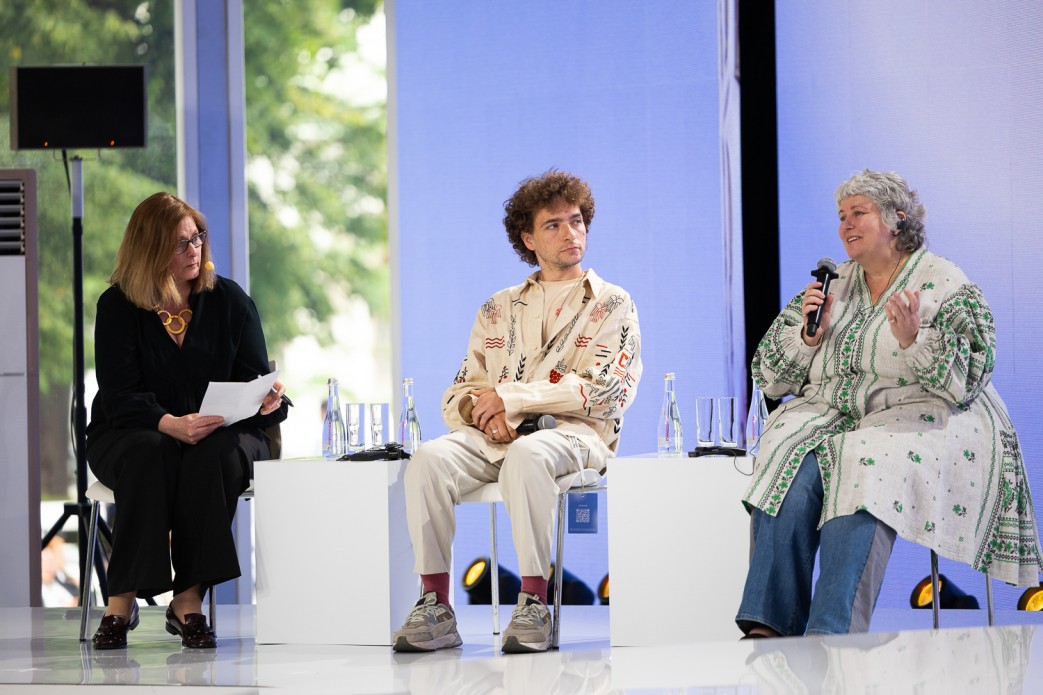
She emphasized that no public funds were spent on the Summit. International organizations and business partners covered the costs of the Summit.
These include the U.S. Agency for International Development (USAID), the UN, WHO, UNICEF, the International Organization for Migration, as well as Mastercard, Yalta European Strategy, NGO Bezbariernist, the All-Ukrainian Mental Health Program "How Are You?", Kyiv School of Economics, VITAGRO agricultural group, UPG gas station network, BGV Charitable Foundation, and La Famiglia.
"We have set a goal for each Summit to have a practical result. Last year, by bringing together caring people from all over the world, we were able to raise more than $6 million, which allowed us to purchase 92 modern mobile ICUs that are now saving lives of Ukrainians. This year, one of the outcomes of the Summit was the establishment of a network of medical partnerships between countries. We will save even more lives. So, with gratitude, with hope, with faith in people and in love, we share our resilience with the world today," the wife of the President of Ukraine summarized.









